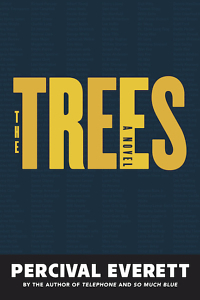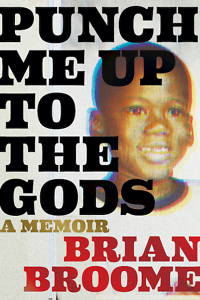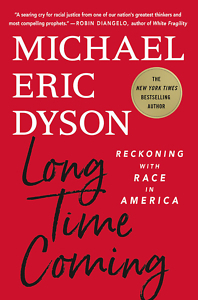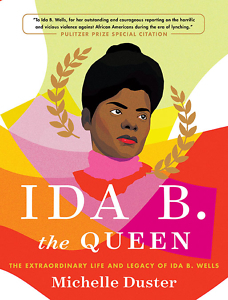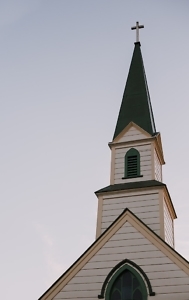I cannot recall now whether it was by some serendipitous search or opportune recommendation, but Go Tell It on the Mountain was soon in my hands. I had never read James Baldwin, but judging by the forlorn Black boy on the cover, I knew that the book was for and about me. The opening lines confirmed my thoughts: “Everyone had always said that John would be a preacher when he grew up, just like his father.” I was there, in Cleveland, and in seminary, to answer just that call — or threat. For when the saints marked you as a preacher, you could run, but you could never really hide.
